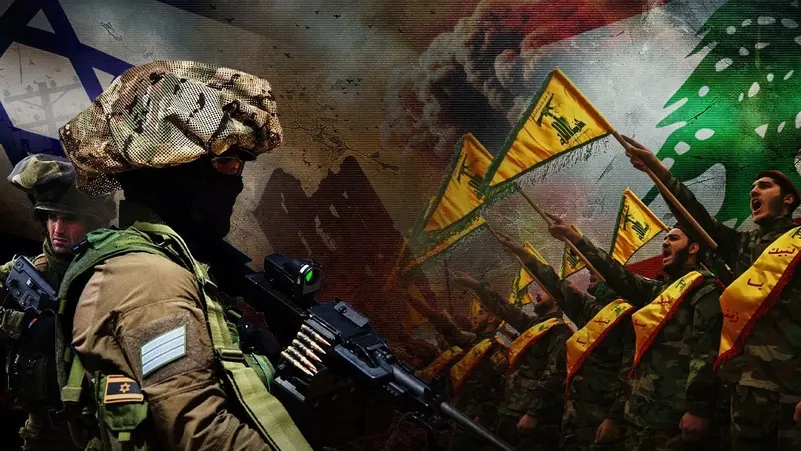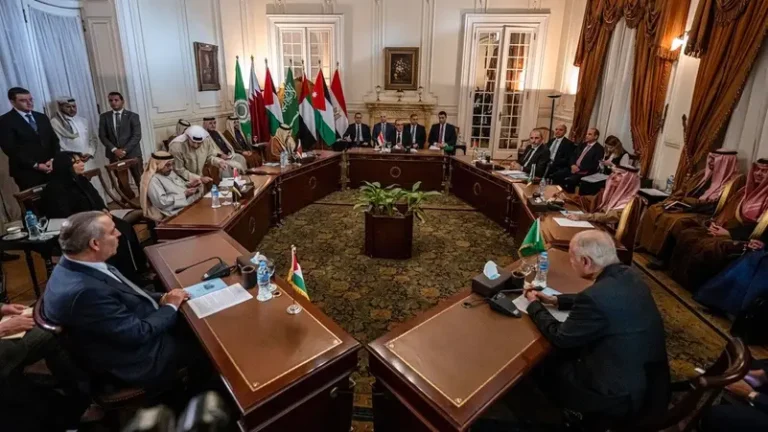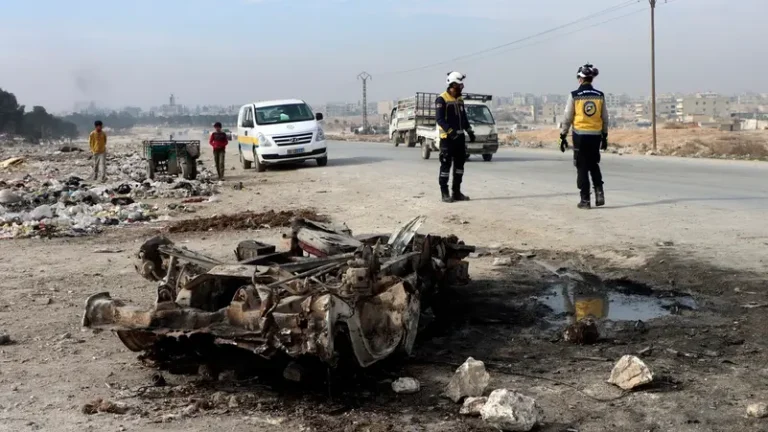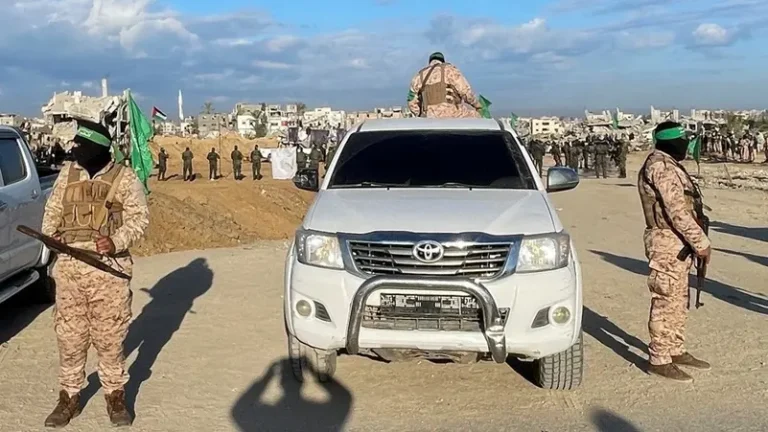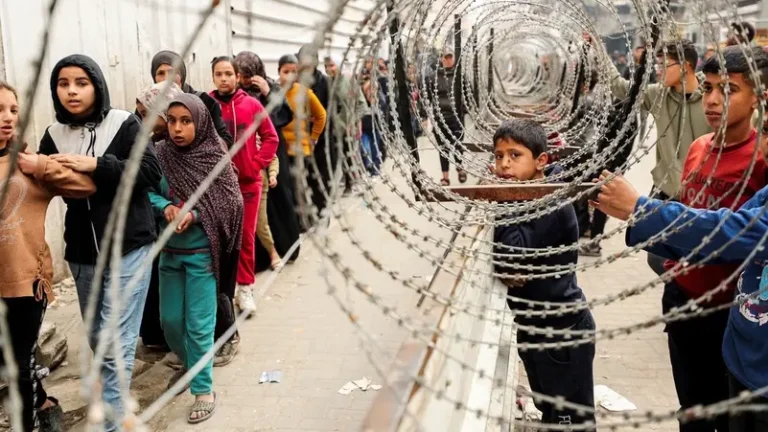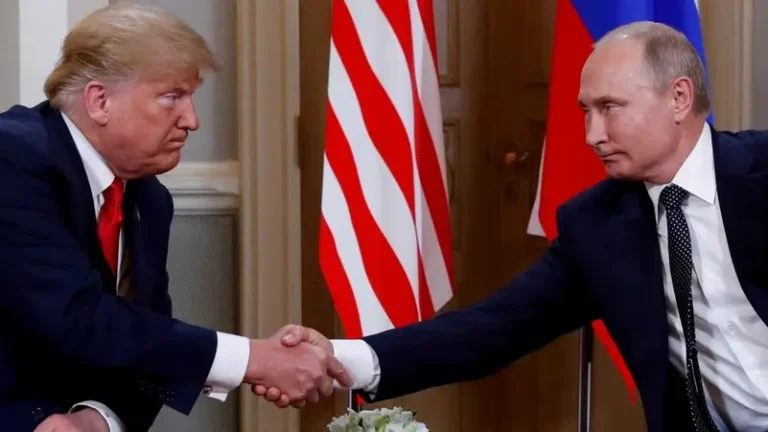A ceasefire between Israel and Lebanon’s Hezbollah took effect on Wednesday, but regional and global security analysts warn while the agreement should bring celebration the situation remains “highly fragile” as both sides navigate the delicate truce.
The agreement marks a tentative pause to more than a year of conflict that has claimed the lives of thousands and displaced tens of thousands in Israel and hundreds of thousands in Lebanon.

Raphael S. Cohen, senior political scientist and director of the Strategy & Doctrine Program at RAND’s Project AIR FORCE, told Al Arabiya English that the news should be a cause of celebration – and caution.
“First and foremost, the ceasefire is obviously good news both for the people of southern Lebanon and northern Israel,” he said. “For 14 months now, tens of thousands of Israelis and – by some estimates – over a million Lebanese civilians have been displaced from their homes; this ceasefire is the first step in allowing them to return home,” he said. “Second, the ceasefire came about because both sides wanted a deal.”
Hezbollah, he said, “has been pretty badly battered over the last several months, suffering significant losses both in terms of personnel and weaponry and needs a chance to regroup.”
Meanwhile, “On the Israeli side, similarly, there are signs of war fatigue as reservists have spent much of the last year on active duty and as Israeli stocks of munitions have dwindled,” he added.
But beyond the operational constraints, on a strategic level, Israel has accomplished most of what it set out to do in Lebanon, pointed out Cohen, adding that political factors are also in play.
“Hezbollah has been severely degraded and if it abides by the terms of the ceasefire, will be pushed back north of the Litani River. It’s not clear what more they could have accomplished by continuing the fight,” he said. “Finally, on a political level, the Netanyahu government has a number of incentives to cut a deal now.”
He continued, “It wants to keep the Biden administration happy for its last few months in office, if only to forestall a negative United Nations Security Council resolution.”
“It also wants to appease the incoming Trump administration too (and Trump has expressed his desire for wars to end), if only to secure Trump’s future support for increased pressure on Iran.”
Cohen went on to say the Lebanon ceasefire “should be viewed more as an end to one theater of this war in the Middle East rather than the end of the overarching conflict.”
He added, “From the Israeli perspective, they are fighting a broader war against Iran and all the different proxy fights—be it Hamas, Hezobollah, Houthis, and others—are just extensions of that deeper conflict. And the Israel-Iran fight is still very much unresolved.”
Paul Salem, Vice President for International Engagement and Former President and CEO of the Middle East Institute, shared his analysis of the situation with Al Arabiya English. He explained that Iran and Hezbollah definitely want a ceasefire, as they need several years to repair and rebuild.
“What they really need is time,” Salem said. “Hezbollah needs to rebuild itself, get their displaced people back into their towns and villages, and focus on reconstruction.”
He indicated that Iran’s strategy would likely be reconsidered in the short term – within one to two years – and emphasized that they don’t wish to return to war in the short-term
Regarding Israel’s position, Salem noted that the situation was more unpredictable.
“If the terms of the ceasefire are implemented as written, it would be a secure plus for the Israeli side,” he stated, adding that Hezbollah’s removal from areas south of the Litani River would be a major advantage.
On Netanyahu’s position, Salem explained that the Israeli leader’s government partners were not satisfied with the agreement.
Avraham Levine, senior speaker and media director, at the geopolitical think-tank Alma research and educational Center, told Al Arabiya English that the details of the ceasefire remain scant – and it yet to been seen how successful the agreement will be.
He added that the details of the deal are not as important as they may seem.
“The important thing is how Israel will react when Hezbollah violates the terms,” the analyst said.
Israel’s focus on Lebanon
In September, Israel redirected some of its attention from Gaza to Lebanon to fortify its northern border against Hezbollah attacks, delivering a series of relentless and devastating strikes against the group.
The Iran-backed organization, which has yet to issue an official statement on the ceasefire, emerges from the conflict significantly weakened but not defeated, still reeling from the loss of its longtime leader, Hassan Nasrallah, in an Israeli airstrike.
Former Israeli intelligence official and regional analyst Avi Melamed, said he believes the situation remains “precarious and fragile” and believes Hezbollah, while weakened, still plays a significant role in Lebanon, and the question remains whether it will rebuild its strength, setting the stage for a more intense future conflict.
“As hopes rise for a continued Israel-Hezbollah ceasefire agreement, it is important to note several key considerations,” said Melamed. “First, the situation remains highly fragile, with any ceasefire being vulnerable to violations and other setbacks.”
Returning the displaced
Another critical point, he said, is the large number of displaced people in both Israel and Lebanon.
Around 60,000 to 70,000 Israelis from the northern communities and approximately 120,000 southern Lebanese remain unable to return to their homes due to the destruction caused by the ongoing conflict, according Melamed.
“The need for extensive reconstruction in both areas remains urgent,” he added. “Looking ahead, the challenge of restoring Lebanese sovereignty is the most key of issues, especially in light of Hezbollah’s dominance in the country. For Lebanon to regain control over its territory and prevent Hezbollah from continuing to dictate its agenda, the political situation within Lebanon must stabilize.”
“Given the profound crisis the country has been facing for years, it seems unlikely that Lebanon’s political system can effectively address this challenge. Meanwhile, Iran and Hezbollah are expected to make efforts to reassert their control over Lebanon as soon as possible. A significant concern is the continued shipment of arms from Iran to Hezbollah in Lebanon. Reports suggest that under an understanding between Israel and the United States, Israel will work to intercept these shipments, particularly those crossing from Syria into Lebanon before they reach Syria.”
A ‘precarious’ situation
Overall, the situation remains “highly precarious,” said Melamed.
“If Hezbollah will be able to rebuild its military infrastructure in South Lebanon, it could lead to another round of violence,” he added. “However, if its power is effectively restrained, particularly by Western intervention, including a robust response from the US under the new administration, Lebanon might be able to regain more control over its sovereignty.”
On Tuesday, US President Joe Biden announced the ceasefire agreement, and Israeli Prime Minister Benjamin Netanyahu confirmed that his government ministers had approved the halt in hostilities. Meanwhile, Lebanese Prime Minister Najib Mikati said the army would reinforce the country’s south while urging Israel to withdraw and respect a deal.
Hezbollah did not directly participate in negotiations for the ceasefire. Lebanese parliamentary speaker Nabih Berri acted as a mediator on its behalf, though Hezbollah has not yet issued a formal statement about the agreement.
In the final hours before the truce took effect, violence intensified.
On Tuesday, Israel launched strikes in central Beirut, while Hezbollah responded with attacks on northern Israel following the announcement of the ceasefire. Airstrikes also targeted Beirut’s southern suburbs early Wednesday, less than an hour before the truce began. The Israeli army had earlier ordered evacuations in parts of central Beirut and the southern suburbs.
In a statement given to Al Arabiya English on Wednesday, the Israeli Ministry of Foreign Affairs confirmed that its Security Cabinet had approved a ceasefire agreement for the Lebanese border, following what it describes as the successful elimination of Hezbollah’s leadership, including Hassan Nasrallah.
The ministry says the Israeli army destroyed thousands of Hezbollah targets during operations that began after October 8, 2023. While acknowledging US assistance in brokering the agreement, the ministry maintains Israel will not allow Hezbollah to return to southern Lebanon or rebuild its capabilities.

